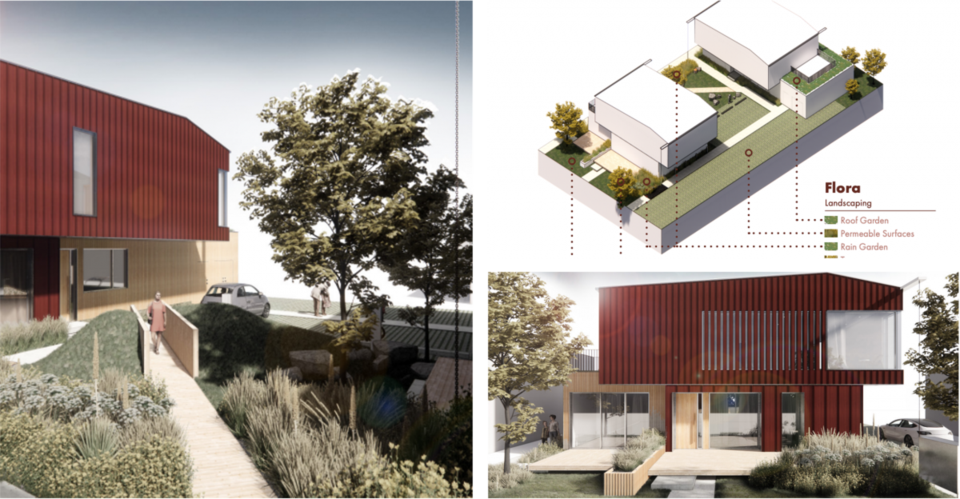The City of Kelowna, B.C., has found itself in a no-win situation when it came to development cost charges (DCC) it levies on new carriage home construction.
But a province-mandated solution that will increase DCCs charged on carriage homes from $2,500 to between $22,000 and $28,000, didn't sit well with everyone on city council.
"We have an affordable rental housing crunch, and this will affect the number of people wanting to have carriage homes," said Councillor Mohini Singh, who opposed the new fee introduced as part of a wide sweeping update of the city's DCC program.
"I feel people building a carriage home are doing it as a mortgage helper. $10,000 I could take, but to zoom up to $23,000 or more, I don't think I could support such a dramatic increase."
The city was forced by the province to change the amount of DCCs it charged to those constructing secondary suites when the province determined it provided a specific land use tax assist which is not permitted.
In 2008, the council of the day agreed to a flat DCC fee of $2,500 for all carriage house construction, even though they would normally be charged at a much higher rate. The difference was borne by taxation and utility funding.
"The current practice was flagged by the ministry [BC Ministry of Municipal Affairs] as an area that needed to be amended because it provided a specific land use subsidy which is not permitted, as any subsidy must be applied evenly for all land uses," a staff report stated.
Infrastructure engineering manager Joel Shaw said during stakeholder meeting with Urban Development Institute, the group was adamant the city adhere to a "benefitter-pay principle," and the infrastructure costs be paid by those who use and benefit from it.
"We were caught in the middle," said Shaw.
"The province was asking us to make a change and we have to adhere to this benefitter-pay principle."
While the amount charged to those construing carriage homes has skyrocketed, Shaw says it still falls about $4,000 short of what developers pay per apartment unit.
He also pointed out carriage homes make up about one per cent (25 to 30) of all the housing units the city approves each year. That number he says has been declining each year by more intensive forms of infill in the core area.



